Spring 2021
“If there is any doubt, ask!” is a mantra that behooves any pulpit rabbi to convey to his kehila regarding kitchen mix-up issues. This is especially true concerning those shailos that involve the erroneous use of uncertified products whose only kashrus concern is that it contains mysterious “natural and artificial flavors”. However, all too often the food is thrown into the garbage before a shaila is asked. Surprising to most, when consumers in this predicament call into the STAR-K hotline, more often than not we can be the bearer of good news.
Before I delve into why, let me share a watershed story that will carry us to the essence of the matter
Where Is The Beef?
In April, 2001, a high profile article entitled, “Where’s the Beef? It Is In Your Fries!” appeared in India West, a popular newspaper and internet site for the North American […]





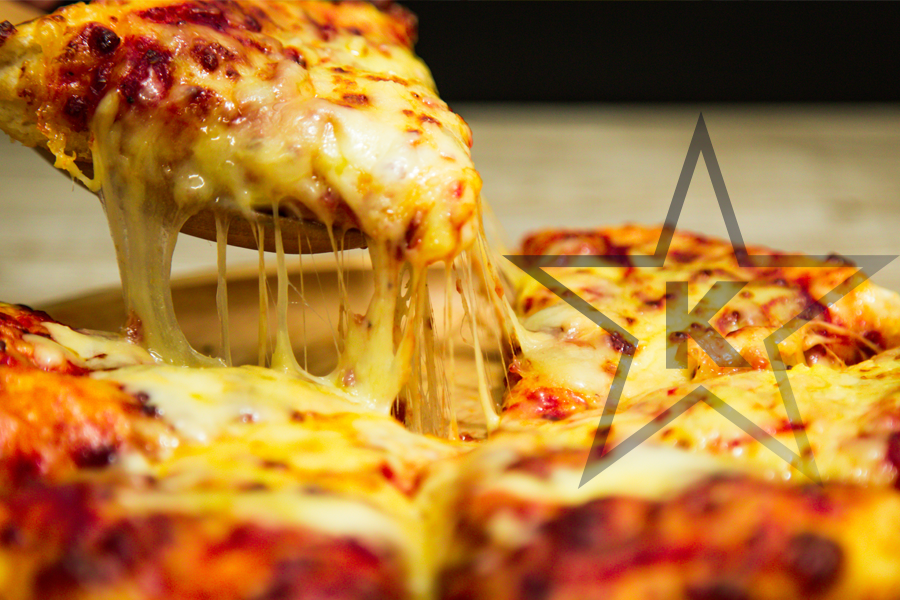


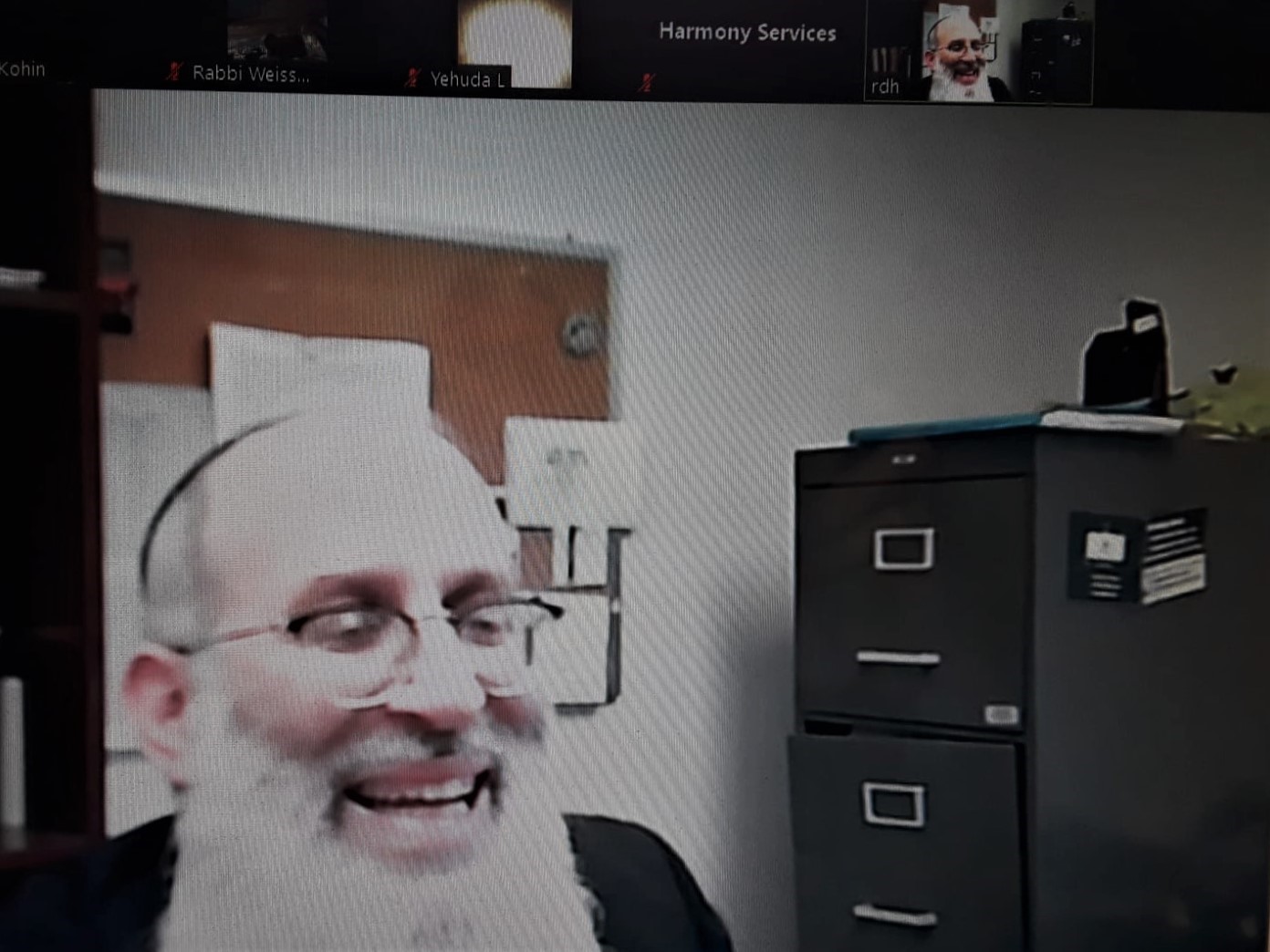
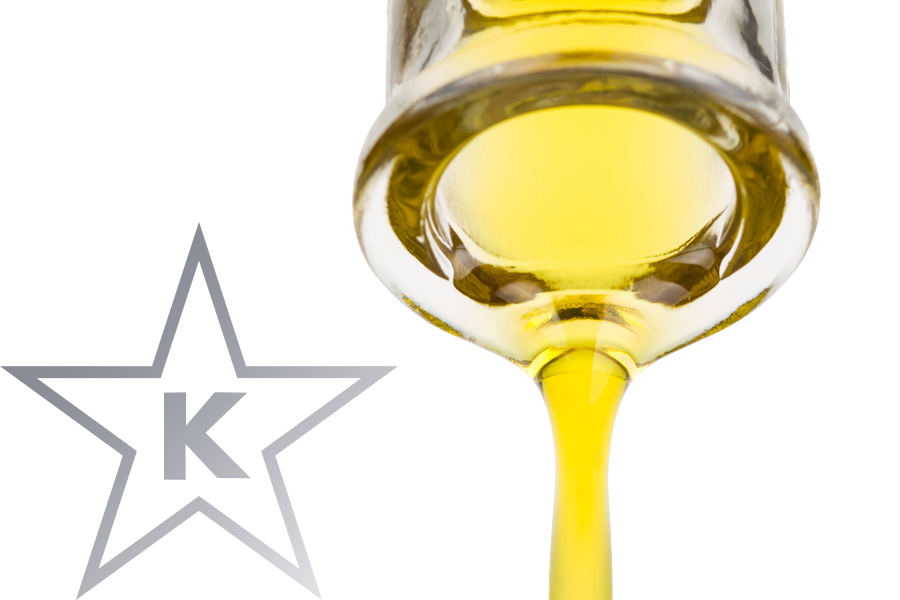

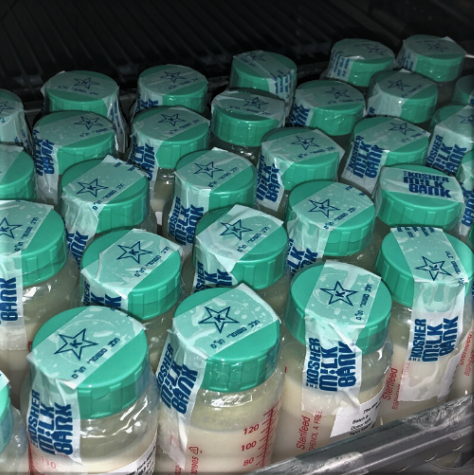
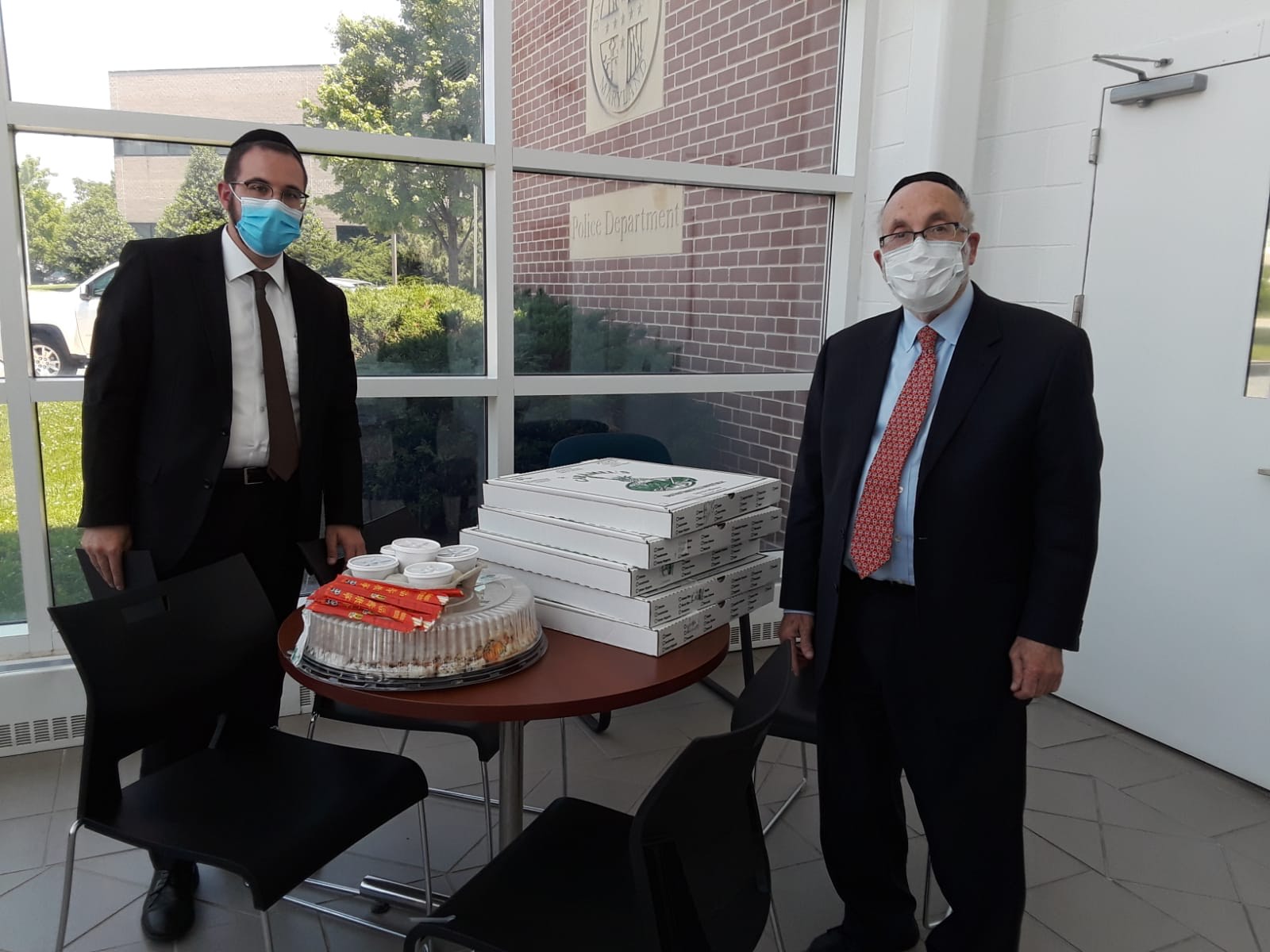
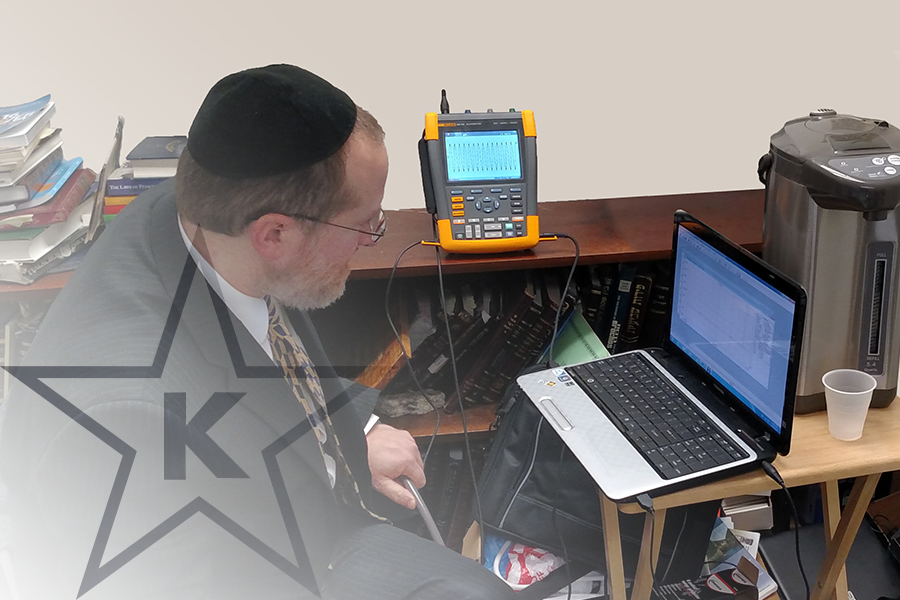
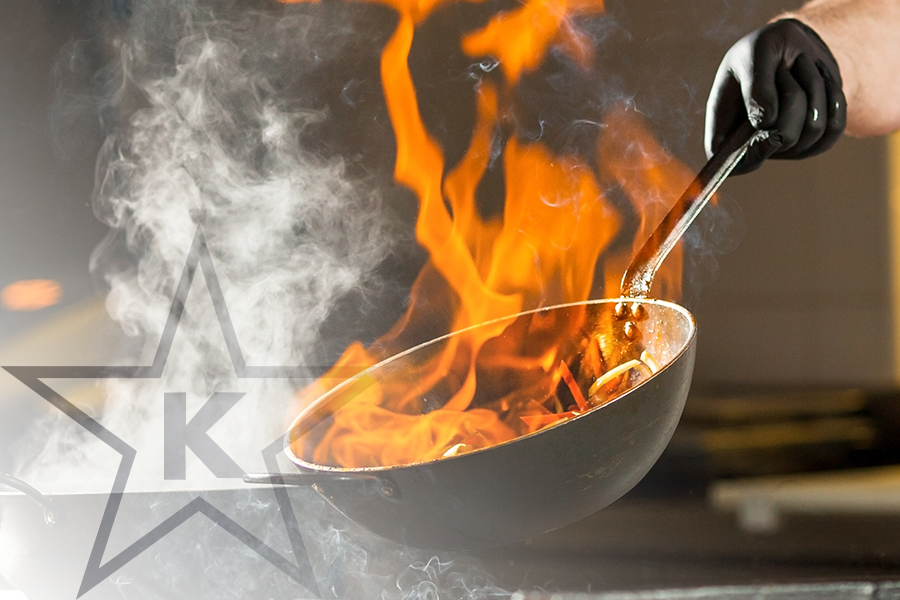
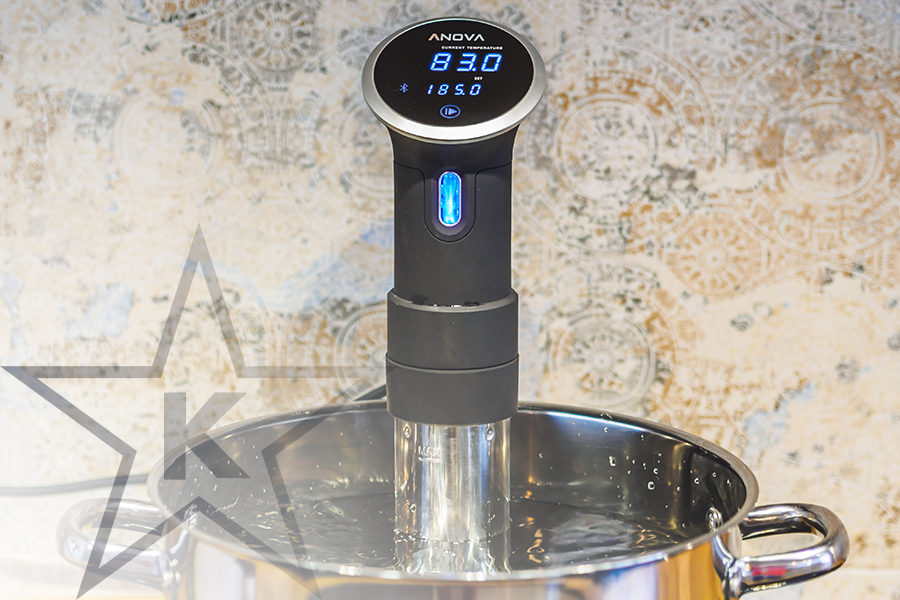
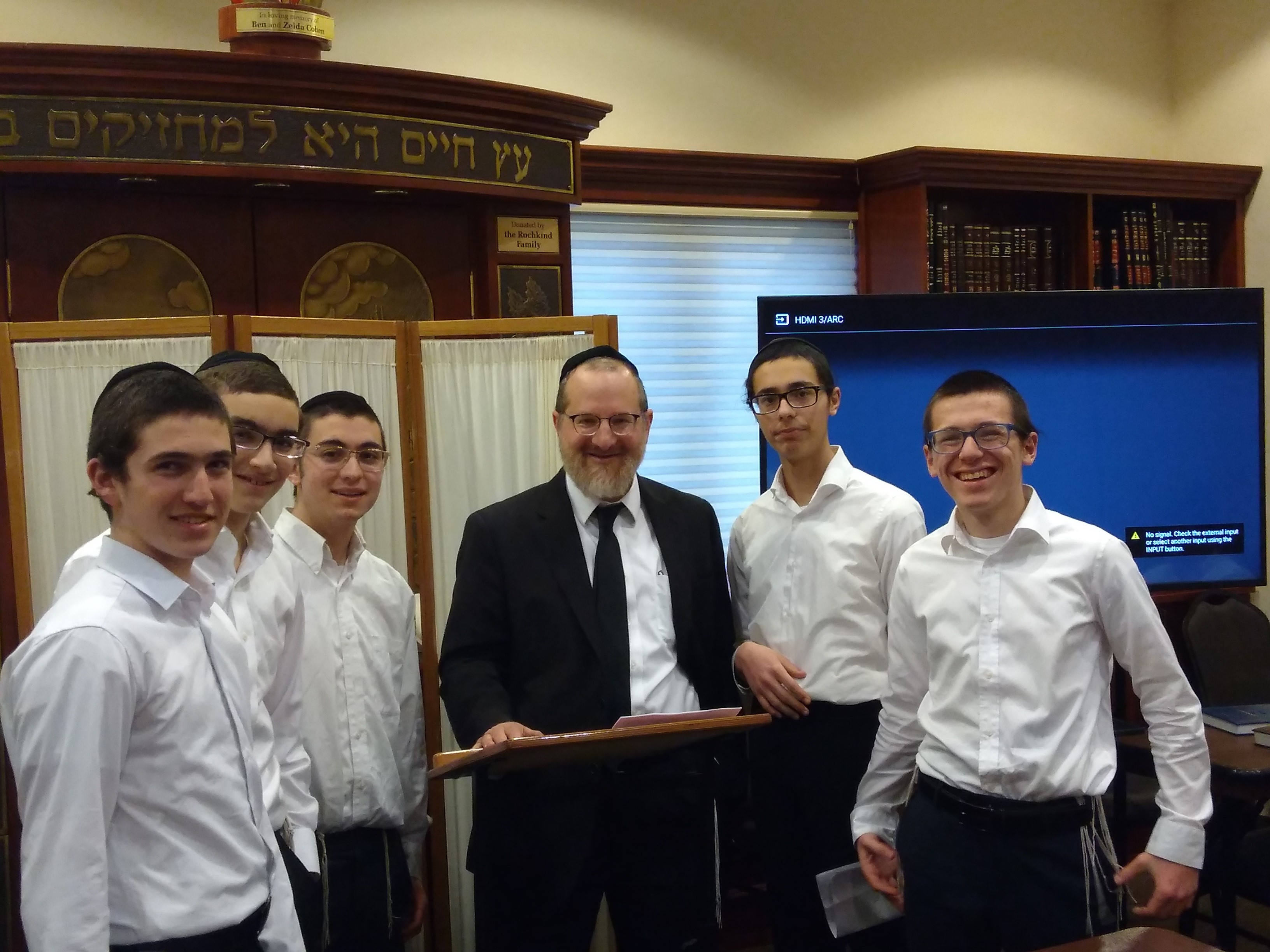
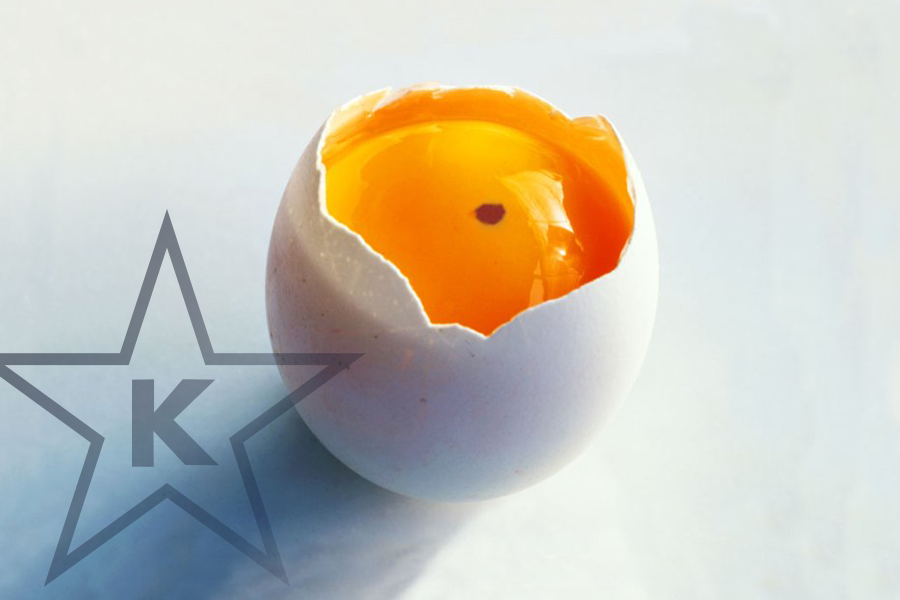
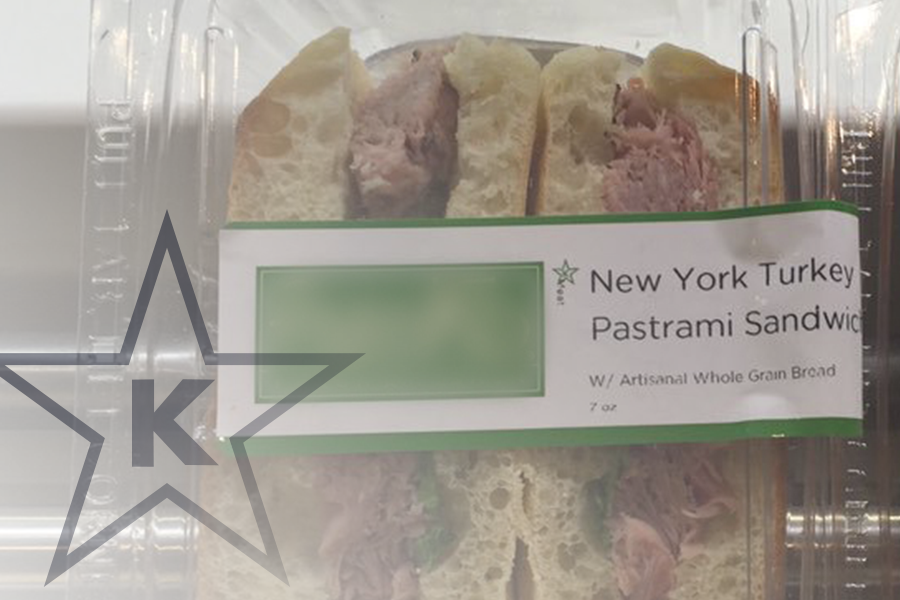
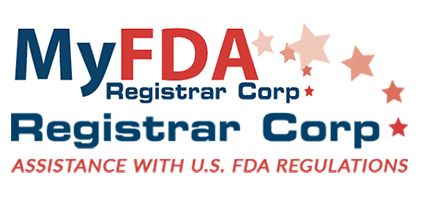

 STAR-D
STAR-D STAR-S
STAR-S